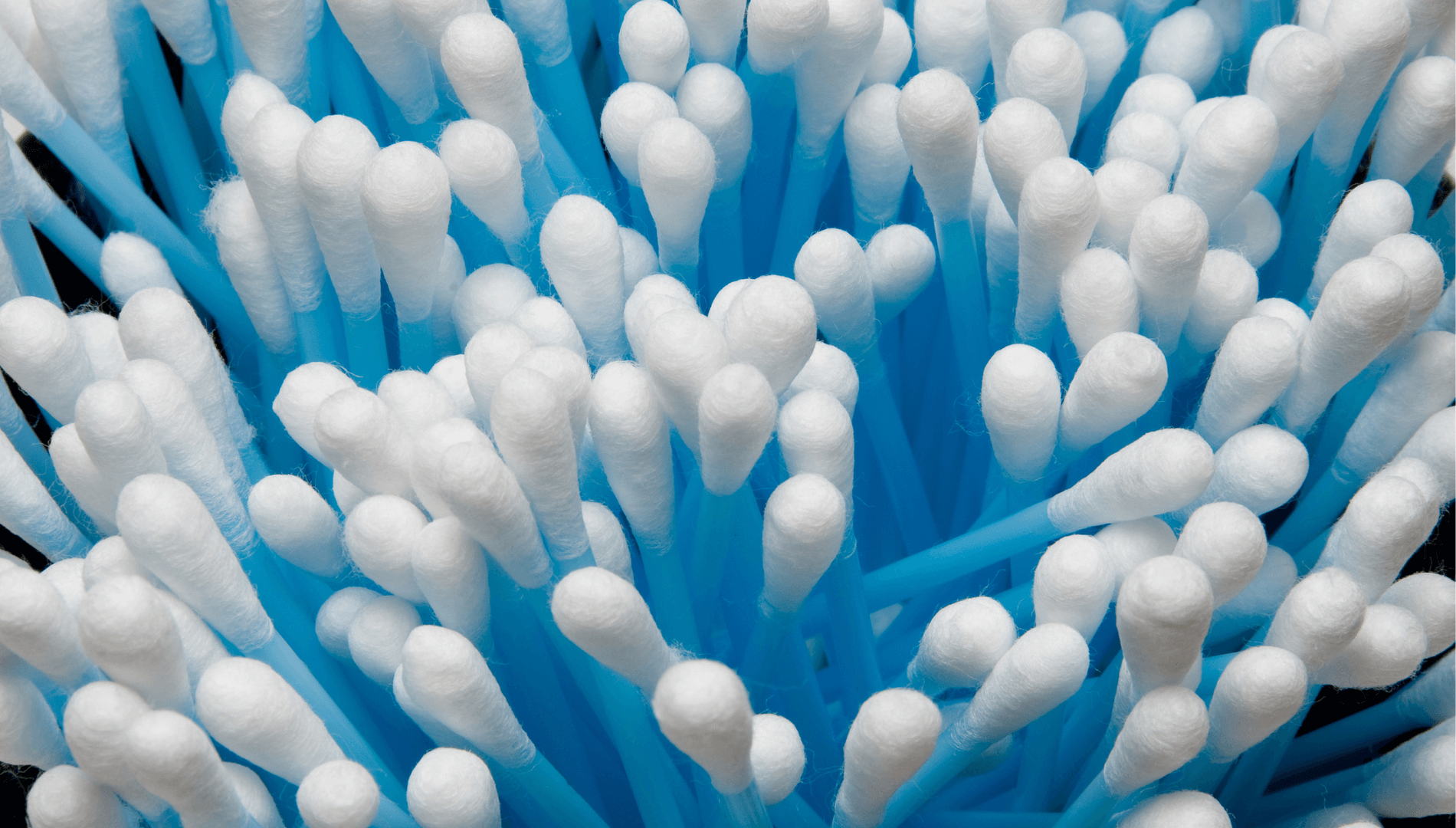We’ve all been there: standing in front of the bathroom mirror with a cotton swab in hand, ready to clean our ears. While many believe this is a routine part of personal hygiene, experts say otherwise. Using cotton swabs in your ears can do more harm than good. Let’s dive into the reasons why you should reconsider this common habit.
The Anatomy of the Ear
Understanding how your ear works is the first step. Your ear has three main parts: the outer ear, middle ear, and inner ear. The outer ear includes the ear canal, which produces earwax, or cerumen. This wax plays a critical function in protecting your ears. It traps dust, dirt, and even small insects, preventing them from reaching deeper parts of your ear.
The Role of Earwax
Earwax often gets a bad reputation, but it has some very important jobs. It keeps your ear canal lubricated, which prevents it from becoming dry and itchy. Additionally, it has antibacterial properties, helping to reduce the risk of infections. When you insert a cotton swab into your ear, you might think you’re cleaning it out, but in reality, you’re likely pushing the earwax further down the canal.
Risks of Using Cotton Swabs
Impaction
One of the main risks of using cotton swabs is earwax impaction. When earwax gets pushed deep into the ear canal, it can become impacted. This can cause a blockage, leading to discomfort, pain, and even hearing loss. Removing impacted earwax often requires a visit to a healthcare professional.
Injury
Your ear canal and eardrum are delicate structures. Inserting a cotton swab too far into your ear can cause serious damage. Puncturing your eardrum is a real risk, leading to pain, hearing loss, and possible infection. Injuring your inner ear can also affect your balance and coordination.
Infection
Pushing earwax deeper into the ear canal can block natural drainage and create a breeding ground for bacteria. This can lead to infections, which could require medical treatment and have lasting effects on your ear’s health.
Better Alternatives
Your ears are self-cleaning. As you move your jaw, such as when you’re chewing or talking, old earwax is gradually moved from the ear canal to the outer ear where it can easily be wiped away. Trust in your body’s natural processes and avoid interfering with cotton swabs.
There are several over-the-counter ear-cleaning solutions available. These drops soften earwax, making it easier for it to move out of the ear naturally. Follow the instructions on the packaging and consult your doctor if you have any concerns.
If you’re experiencing discomfort, or hearing loss, or suspect an ear infection, schedule an appointment with us. We have specialized tools to safely and effectively remove excess earwax and address any other issues you might have.
Habits to Avoid
While cotton swabs are the most common culprit, there are other habits you should avoid to protect your ears.
- Using Sharp Objects
Never use sharp objects like hairpins, keys, or safety pins to clean your ears. These can easily cause injury or infection.
- Overcleaning
It’s important not to overclean your ears. As mentioned earlier, earwax has beneficial properties, and your body is equipped to manage it naturally.
- Ignoring Symptoms
If you’re experiencing symptoms like ear pain, discharge, or hearing loss, don’t ignore them. Early treatment can prevent more serious problems down the line.
Conclusion
Cotton swabs might seem like a quick fix for ear cleaning, but they pose significant risks. By understanding the function of earwax and adopting safer alternatives, you can keep your ears healthy and avoid unnecessary complications. Always consult a healthcare provider if you have concerns about your ear health. Trust your body’s natural processes, and you’ll find that less is often more when it comes to ear care.

